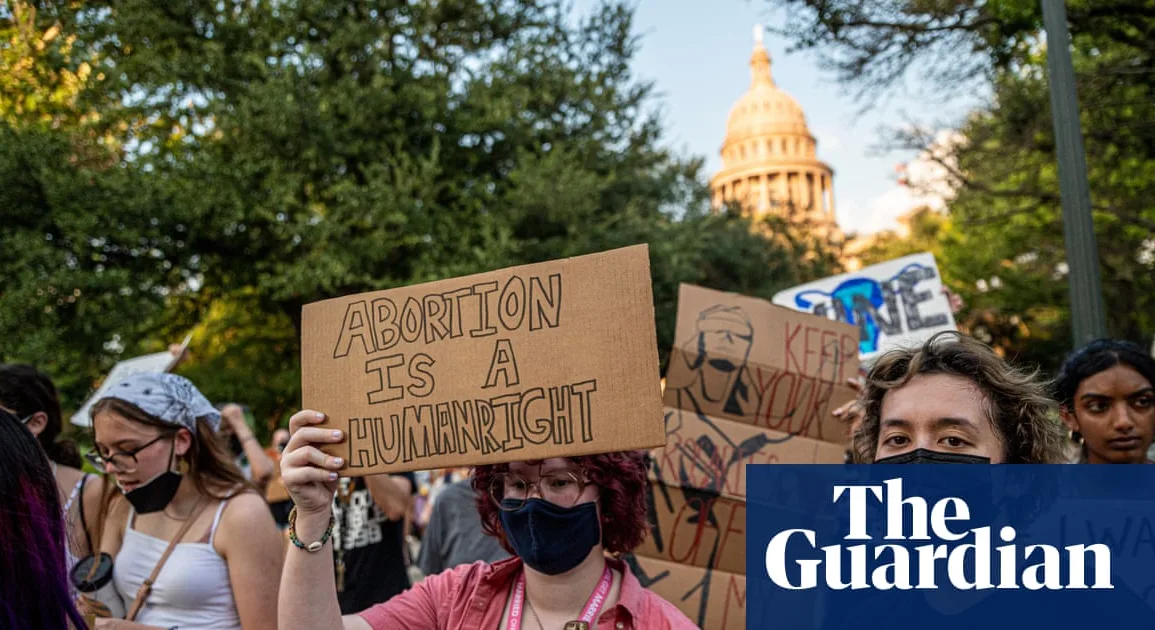
The attorney and architect of the Texas six-week abortion ban has asked several Texas abortion funds to hand over information about every abortion that they have “assisted or facilitated in any way” over the last two years, including details about the abortion provider, the city and state where the abortion patient lived, as well as the identity of every person – other than the patient themselves and their family members – who may have helped the patient get the abortion.
These requests were made earlier this month as part of an ongoing lawsuit over Texas abortion restrictions. They also asked for information about every person who the funds may have worked with, including volunteers and donors, according to court documents. Furthermore, the requests asked the funds to supply details about the type of abortions they supported as well as when and where those abortions occurred.
A version of the requests also went to a Texas OB-GYN who is involved in the case. (The requests explicitly say that funds and the OB-GYN do not need to provide abortion patients’ identities, nor the identities of their family members.)
On Wednesday, the abortion funds asked a federal court to grant an order that would keep them from having to turn over the requested information.
“We are confident that we’re not going to get to the point where we are required to turn over this information, because these requests are preposterous,” said Neesha Davé, executive director of the Lilith Fund, the oldest abortion fund in Texas. “We have thousands and thousands of supporters who take advocacy actions or organize with us, or receive our emails, support our work in a variety of ways. These far-reaching requests could potentially affect thousands and thousands of people.”
The requests were filed on behalf of a defendant in the case represented by Jonathan Mitchell, the former Texas solicitor general who is credited with coming up with the novel legal strategy that undergirds the Texas six-week abortion ban, which flew in the face of Roe v Wade when it was enacted in September 2021. Rather than relying on the government to enforce the ban, that ban instead handed everyday Texans the ability to sue someone if they suspected them of helping someone get an abortion past roughly six weeks of pregnancy.
The requests also ask for information about the Texas counties through which an abortion patient may have traveled to get the abortion. Recently, Mitchell has been helping pioneer a strategy to pass local ordinances that would make it illegal to transport someone along a city or county’s road for an abortion.
Mitchell declined to comment on the requests to the Guardian, saying he does not speak about pending litigation.
In past litigation, Mitchell has argued that, in order to sue over the six-week ban, someone must show they have either violated it already or plan to do so in the future. Following that logic, his requests for information in this case could either uncover violations of the ban, which could expose the funds to devastating legal penalties – or prove that the abortion funds have not violated the six-week ban and therefore, according to Mitchell, have no legal authority to sue in the first place.
In their request for a court order, the abortion funds pushed back against that kind of thinking, claiming that there was no “serious doubt that plaintiffs have standing to bring the constitutional challenges”.
After Roe fell, abortion funds in Texas stopped paying for abortion seekers’ out-of-state travel over fears that Republicans would target people who work for the funds and those who depend on them. They resumed funding abortions in spring 2023, after a judge ruled that abortion funds who help people travel out of state probably cannot be criminally charged.
“We are a majority person-of-color organization, both our staff and our board as well as our clients,” Davé said. “It’s really important to us that we protect our whole operation from the racist criminal justice system.”


